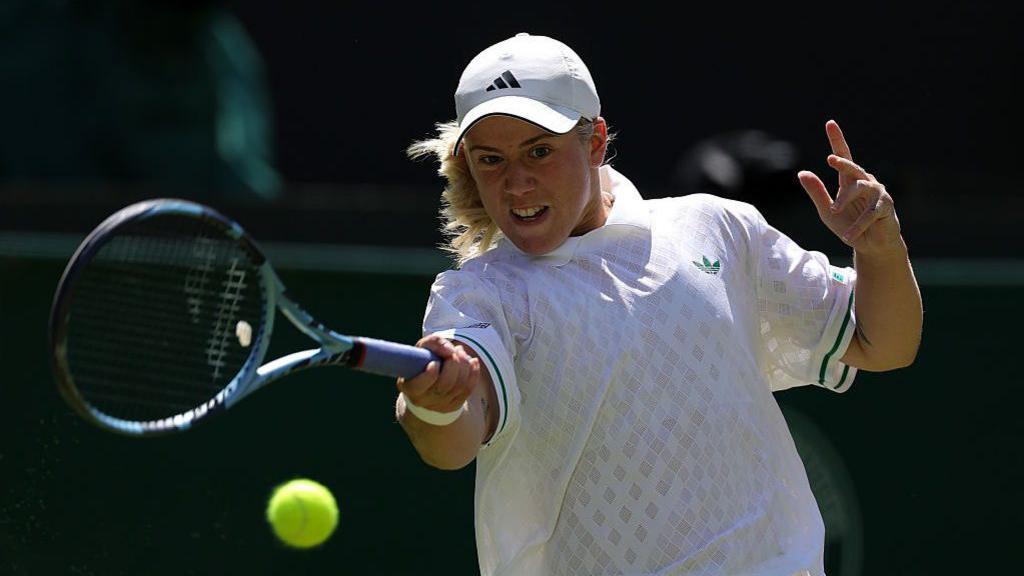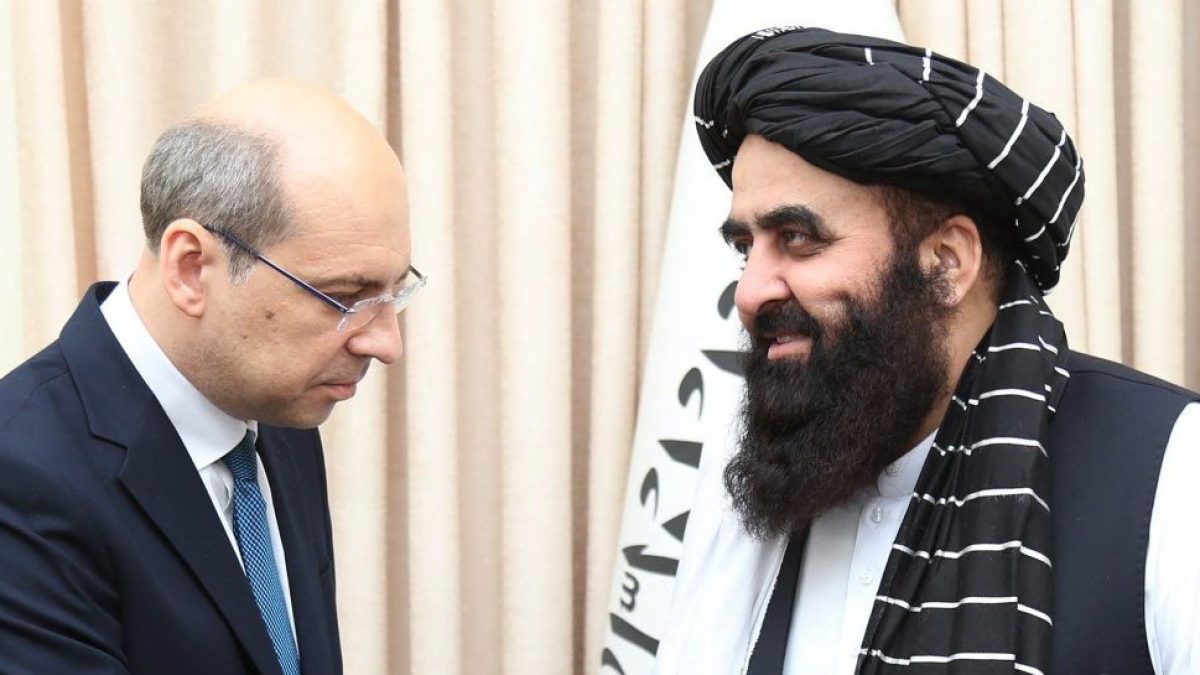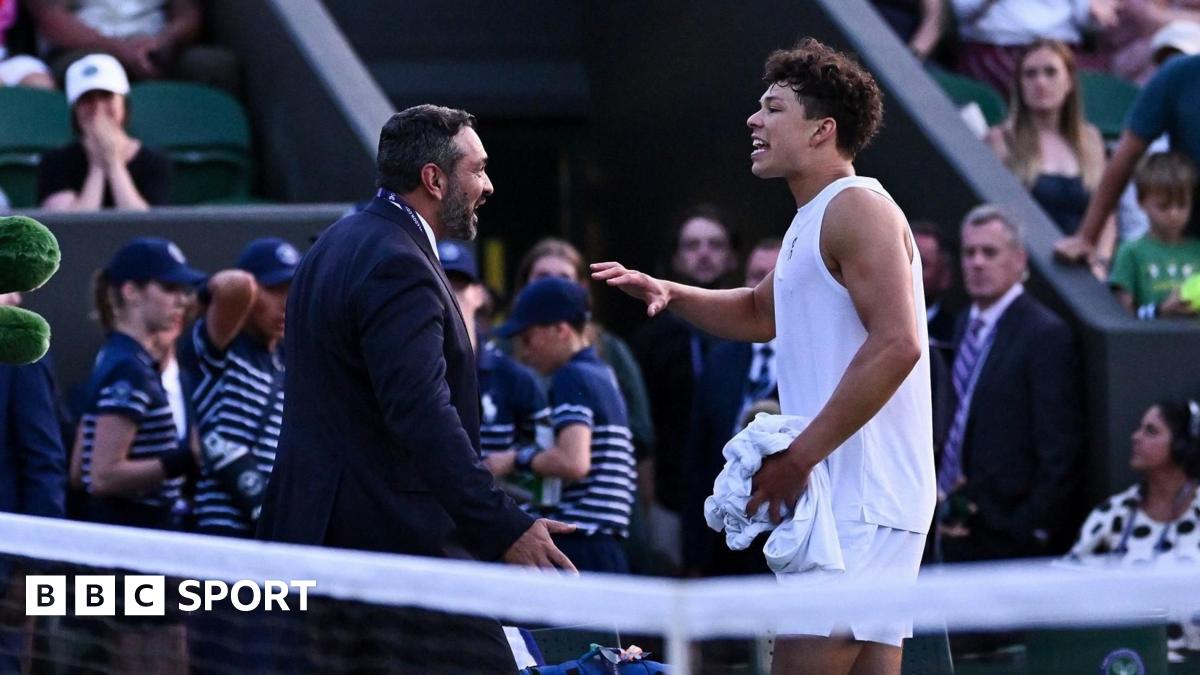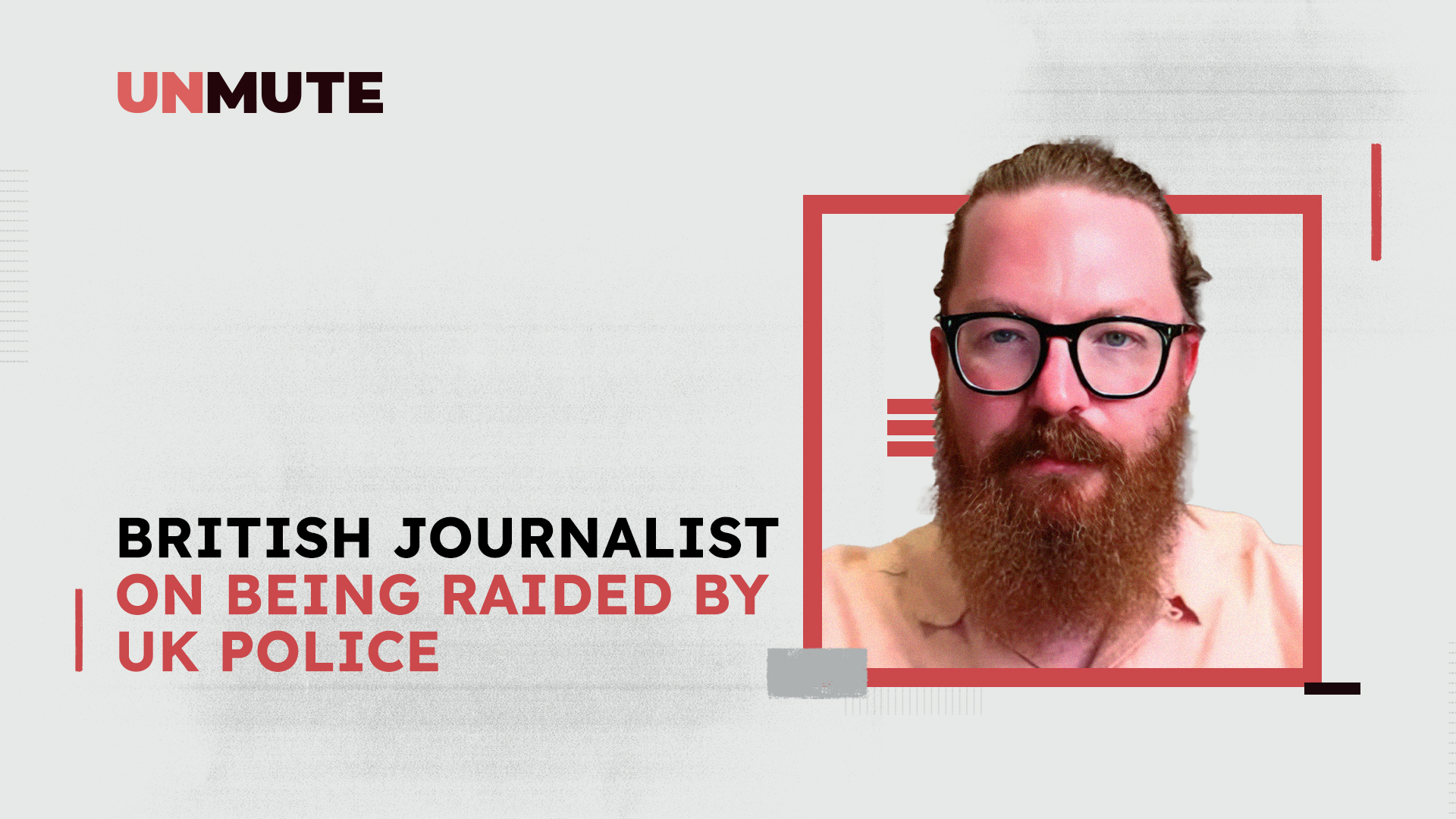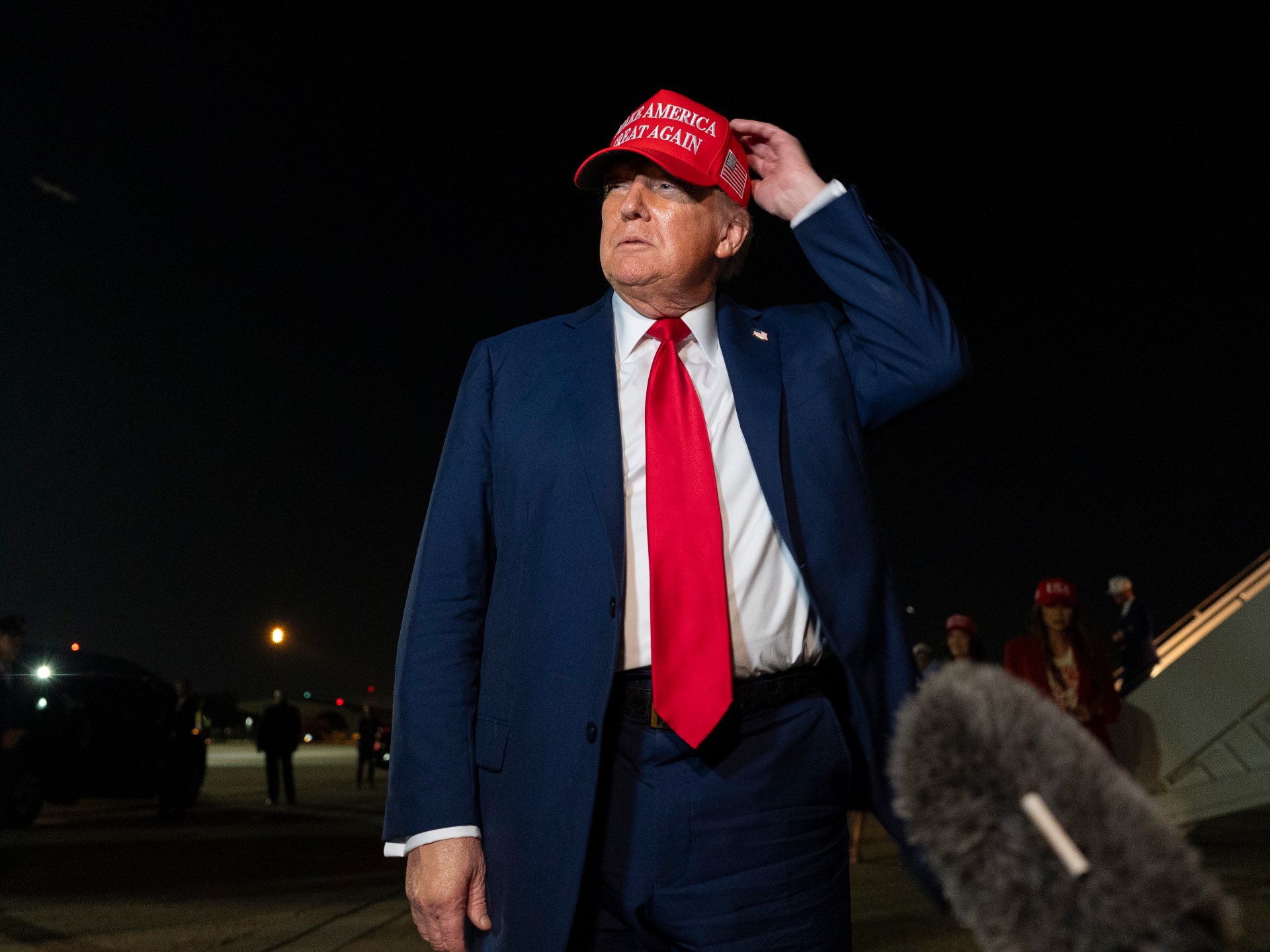Russia is the first nation to accept the Taliban government in Afghanistan since the group’s inception in 2021, continuing a period of quieter engagement and a dramatic reversal of ties that existed during the group’s first leadership.
Since the Taliban stormed Kabul in August four years ago, taking over from the government of then-President Ashraf Ghani, several nations – including some that have historically viewed the group as enemies – have reached out to them. No one has officially recognized the Taliban up until Thursday.
What exactly did Russia do, and will Moscow’s decision help other countries establish full-fledged diplomatic relations with the Taliban?
What did Russia say?
Moscow’s recognition of the Taliban government will open the door for bilateral cooperation with Afghanistan, according to a statement from the Russian Ministry of Foreign Affairs.
The Islamic Emirate of Afghanistan’s official recognition will, in our opinion, give impetus to the development of productive bilateral cooperation, the statement read.
The Foreign Ministry said it would seek cooperation in energy, transport, agriculture and infrastructure.
What was the Taliban’s response?
Russian Ambassador to Kabul Dmitry Zhirnov met Afghan Foreign Minister Amir Khan Muttaqi and relayed the Kremlin’s decision to recognize the Taliban government in Afghanistan in an X post from Thursday.
In a video posted on X, Muttaqi stated, “We value this courageous step taken by Russia, and, God willing, it will serve as an example for others as well.”
What is the Afghan-Russian history?
In 1979, troops from the Soviet Union invaded Afghanistan to establish a communist government. With US support, the Afghan mujahideen fighters engaged in a 10-year conflict. In this conflict, about 15 000 Soviet soldiers perished.
In 1992, after rockets launched by rebel groups hit the Russian embassy in Kabul, Moscow closed its diplomatic mission to Afghanistan.
Mohammad Najibullah, a former leader of Russia and a refugee since 1992, was assassinated by the Taliban in 1996, the first time the Taliban have taken control of Kabul.
Russia supported anti-Taliban forces in Afghanistan, including the Northern Alliance led by former mujahideen commander Ahmad Shah Massoud, in the late 1990s.
Then, on September 11, 2001, suicide attackers, affiliated with the armed group al-Qaeda, seized United States passenger planes and crashed into two skyscrapers in New York City, killing nearly 3, 000 people. This led to George W. Bush’s “war on terror” at the time, which he called “war on terror.”
Vladimir Putin, the country’s president, was one of the first foreign leaders to call Bush and offer his condolences and support following the attack. Putin provided the US with assistance to attack Afghanistan. By cooperating with the US, Russia shared intelligence, opened Russian airspace for US flights, and collaborated with Russia’s allies in Central Asia to set up bases and give US airspace access.
Russia designated the Taliban as a terrorist movement in 2003 after the US-led coalition had ousted them from power.
But in recent years, as Russia has increasingly grown concerned about the rise of the ISIS-Khorasan (ISIS-K) group – a regional branch of the ISIS/ISIL armed group – it has warmed to the Taliban. ISIS-K is perceived by the Taliban as a rival and enemy.
Russia’s ties to the Taliban have gotten more sour since the Taliban’s re-emergence in 2021, along with the US’s support for the Ghani government. A Taliban delegation attended Russia’s flagship economic forum in Saint Petersburg in 2022 and 2024.
Russia has only grown closer to the Taliban as the threat grows (the organization claimed a March 2024 attack at a Moscow concert hall in which 149 people were killed by gunmen).
The Taliban were cited as “allies in the fight against terrorism” by Russian President Putin in July 2024. Muttaqi met Russian Foreign Minister Sergey Lavrov in Moscow in October 2024.
Russia removed the Taliban’s designation as a “terrorist” in April 2025. Moscow should pursue a “pragmatic, not ideologised policy” toward the Taliban, according to Lavrov, who stated at the time that “the new authorities in Kabul are a reality.”
How has the rest of the world engaged with the Taliban?
The Taliban are not recognized by the international community. The administration is referred to as the “Taliban de facto authorities” by the UN.
Despite not officially recognising the Taliban as the government of Afghanistan, several countries have recently engaged diplomatically with the group.
China: Beijing was establishing diplomatic relations with the Taliban and hosting its leaders in 2019 for peace talks.
Since the group’s return to power, including through significant investments, relations have increased even further. In 2023, a subsidiary of the state-owned China National Petroleum Company (CNPC) signed a 25-year contract with the Taliban to extract oil from the basin of the Amu Darya river, which spans Central Asian countries and Afghanistan. This was the first significant foreign investment since the Taliban’s annexation.
Beijing recognized former Taliban spokesman Bilal Karim as its official envoy to China in 2024, but it made it clear that it was not acknowledging the Taliban government itself.
And in May this year, China hosted the foreign ministers of Pakistan and the Taliban for a trilateral conclave.
Pakistan: Since 2021, Pakistan’s relations with the Taliban have significantly deteriorated.
Islamabad is now accusing the Taliban government of allowing Pakistan to be attacked by armed groups living on Afghan soil, particularly Tehreek-e-Taliban Pakistan (TTP). TTP, also called the Pakistani Taliban, operates on the border of Afghanistan and Pakistan, and is responsible for many of the deadliest attacks in Pakistan in recent years. Pakistan disputes Pakistan’s assertion.
The Pakistani military launched airstrikes in the province of Paktia, which borders South Waziristan, a tribal district in Pakistan, in December 2024. While Pakistan said it had targeted sites where TTP fighters had sought refuge, the Taliban government said that 46 civilians in Afghanistan were killed in the air strikes.
Pakistan increased deportation of Afghan refugees this year, putting strain on ties even more. Pakistan stated its desire to leave the nation three million Afghans earlier this year.
Tensions over armed fighters from Afghanistan in Pakistan continue. The Pakistani military reported on Friday that 30 Afghan border crossing fighters had been killed. According to the Pakistani military, the TTP or its affiliates were the victims’ allies.
Still, Pakistan has tried to manage its complex relationship with Afghanistan. Ishaq Dar, the deputy prime minister and foreign minister of Pakistan, met with Muttaqi and other Afghan officials in Kabul in April of this year. In May, Dar and Muttaqi spoke once more.
India: New Delhi had shut its Kabul embassy in 1996 after the Taliban took over. India objected to the organization’s recognition as a proximate of Pakistan’s intelligence services.
After the Taliban were ousted in 2001, New Delhi reopened its embassy in Kabul. But the embassy and India’s consulates came under repeated attacks in the subsequent years from the Taliban and its allies, including the Haqqani group.
India’s strategy has changed since the Taliban’s return to Kabul and amid rising tensions between the two countries. It reopened its embassy, which had been closed for a while until 2021, and sent diplomats to meet Taliban officials. Then, in January 2025, Indian Foreign Secretary Vikram Misri flew to Dubai for a meeting with Muttaqi.
And their first conversation, which was publicly acknowledged, was when India’s Foreign Minister S Jaishankar phoned Muttaqi in May.
Iran: During the Taliban’s rule in the late 1990s, Iran viewed them with hostility, just like Russia and India. In 1998, Taliban fighters killed Iranian diplomats in Mazar-i-Sharif, further damaging relations.
However, it views ISIS-K as a much bigger threat. Tehran has been negotiating with the Taliban since its return to Kabul, and even earlier behind closed doors.
On May 17, Muttaqi visited Iran to attend the Tehran Dialogue Forum. He also had a meeting with President Massoud Pezeshkian and Foreign Minister Abbas Araghchi.
Will other countries eventually recognize the Taliban?
While each country will likely decide when and if to formally recognise the Taliban government, many already work with the group in a capacity that amounts, almost, to recognition.
Afghanistan’s neighbors have little choice but to engage with the Taliban for both strategic and security reasons, according to Kabir Taneja, a deputy director at the New Delhi-based Observer Research Foundation.
The Taliban will be present in Afghanistan for at least some time, according to the majority of people who wouldn’t choose to do so.
Taneja said that other countries which could follow suit after Russia’s recognition of the Taliban include some countries in Central Asia, as well as China.
Taneja argued that Russia’s recognition of the Taliban is a “geopolitical play.”
